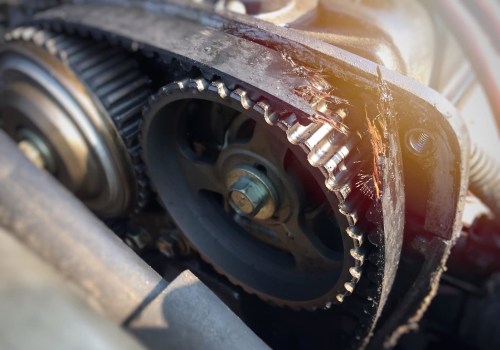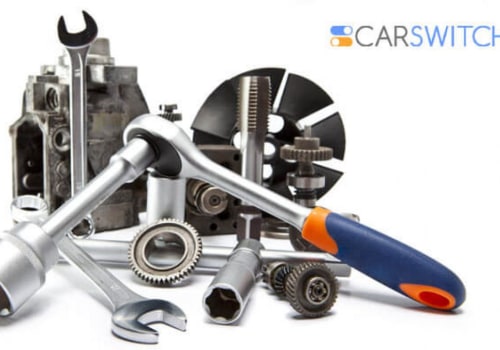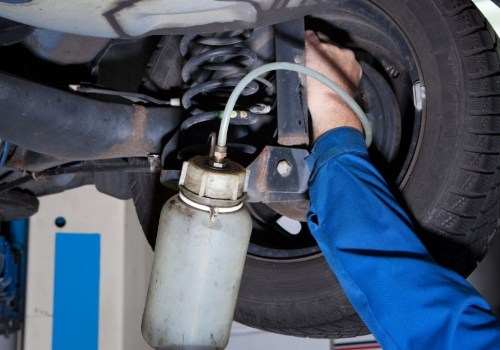Normally, you should keep car maintenance funds in a savings account until you need them. Increase this budgeted amount every month to have the money available when it's time for Oil Change near Summerville SC and repairs. There are plenty of ways to save on auto repairs if you're willing to put in a little bit of effort. Find out how long you can wait, then make urgent repairs right away and save for the rest. These are just a few of the ways you can accelerate your research to save on car repairs.
Most experts recommend saving six months of expenses in your emergency fund. This means you could cover all your costs for half a year without making any money. Your car maintenance fund should be part of the monthly family budget. Every month, without fail, it is necessary to allocate money to this cause. You could even create a separate savings account just for these costs.
That way, you'll see how much you have. You won't need the same amount of money each month, but don't stop saving. Knowing the average cost of repairing a car for different types of maintenance can help you budget more effectively. At the end of the year, take a tally of your annual expenses and divide them by 12. This way, you'll have a more accurate estimate of the average repair cost for a specific vehicle. But just like your home, your vehicle needs repairs and maintenance from time to time, and you'll save yourself a lot of stress by having money saved for potential vehicle repair bills.
The ACCC offers debt relief options to individuals and families suffering from stress related to credit card debt, providing effective credit counseling, helping to consolidate debts and advising them on debt management. Newer cars with a higher value may be worth it for higher repair costs, but if you have a car with high mileage in its last branches, the cost of repairs may not be worth it. Understanding the average cost of repairing a car (and how much to budget for car maintenance) can help you take care of your car without ruining your pocket. While the costs of repairing a car can vary greatly depending on the model you drive, where you live, and the magnitude of the problem, the following table provides a general idea of what you'll pay.
So, what are some of the typical car maintenance costs that you should budget for? These are the most common types of routine car maintenance, plus some unexpected repairs you may encounter while driving. The following table details some of the most common routine maintenance tasks your car needs, how often to schedule maintenance and how much you can expect to pay. To operate efficiently and safely, your car requires regular oil changes, tire rotations and brake pad replacements. Car repairs and routine maintenance are necessary costs to drive a car, but their price is hard to swallow. The amount you should budget for car maintenance (and the average cost of repairing a car) can vary quite a bit from person to person. If you're driving a newer model, the warranty or maintenance plan may cover the costs of repairing and maintaining the car.
Car maintenance is a lot like dental care: people fear it and it can cost a lot of money if something goes wrong, but prevention is better than cure. You put in a lot of effort and bought the car you wanted so badly, but you may not have thought about the cost of maintenance when considering how your new vehicle would affect your budget. If you constantly check your car and take good care of it, you should (hopefully) be able to avoid major repairs.











